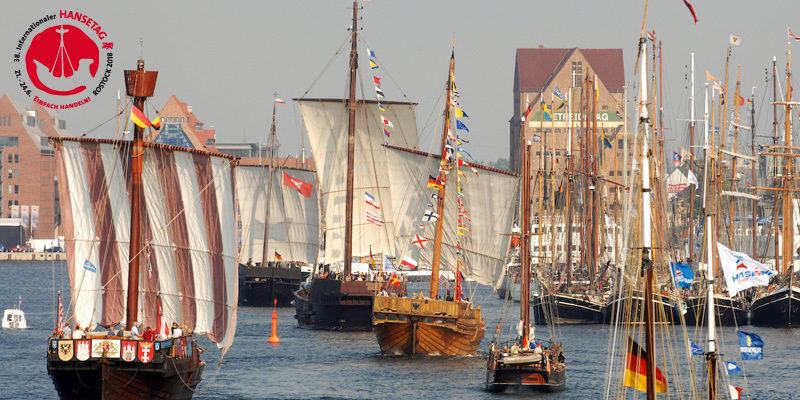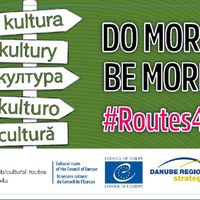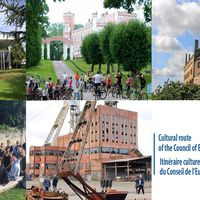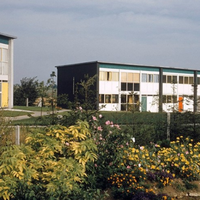Cultural Routes of Europe - new Routes certified

In April, the Governing Board of the Enlarged Partial Agreement on Cultural Routes of the Council of Europe (EPA), certified two new “Cultural Routes of the Council of Europe” bringing the programme to 33 certified routes.
Launched by the Council of Europe in 1987, the Cultural Routes demonstrate, by means of a journey through space and time, how the heritage of the different countries and cultures of Europe contributes to a shared and living cultural heritage.
The programme includes well known routes such as the Santiago de Compostela Pilgrim Routes, The Hansa (Hanseatic League), and the Art Nouveau Network, alongside the less known fascinating ATRIUM - Architecture of Totalitarian Regimes of the 20th century In Europe's Urban Memory and the European Route of Ceramics.
The two new Cultural Routes approved for the programme are:
The Impressionisms Routes in Europe, organised in painters’ routes, aim at creating and fostering, within the European continent, a link between the sites that have inspired the European impressionists and plein-air painters from the mid-19th century until the mid-20th century, the places where they lived and established artists’ colonies and the towns where are today displayed their works in museums. This collection of sites makes up a true "open-air museum" of the depicted landscapes, and enables a direct connection between visitors and the Impressionist movement. The countries involved in the network include France, Germany, Italy, the Netherlands, Slovenia and Spain.
The Via Charlemagne aims to present the historic sites linked to the figure of Charlemagne and the rich heritage of legends and traditions related to this European figure. Charlemagne unified Europe in its diversity by introducing a single currency, a common measurement system and alphabet. Charlemagne recognised the rights of citizens in his Empire as well as languages of minorities. The network aims at celebrating this rich and important historical European figure through events and seminars, as well as youth oriented projects. The countries involved in the network include Belgium, France, Germany, Ireland, Italy, Luxembourg, Spain and Switzerland.
Similar content
posted on
09 May 2019
posted on
08 Sep 2020
deadline
30 Apr 2019
posted on
30 Jul 2021
posted on
07 Dec 2021






